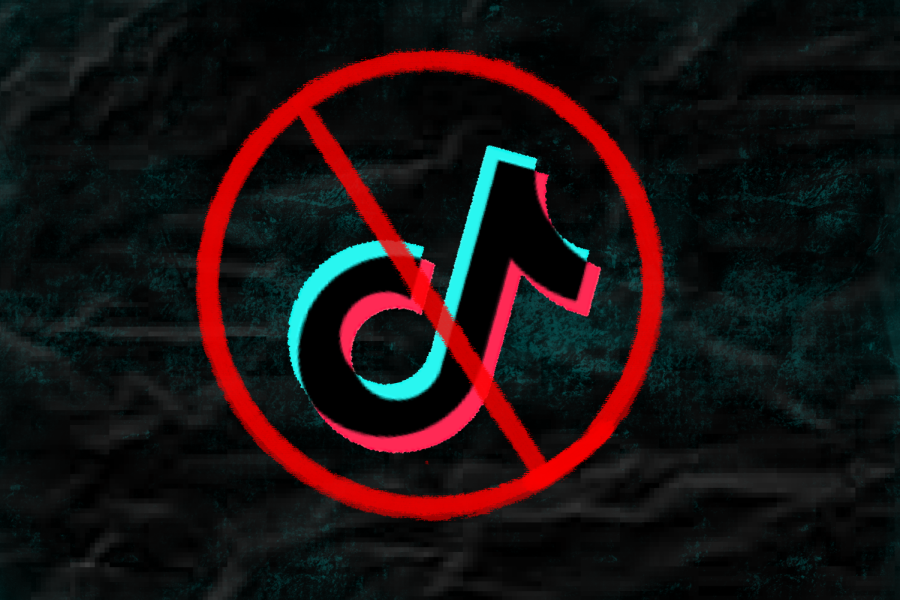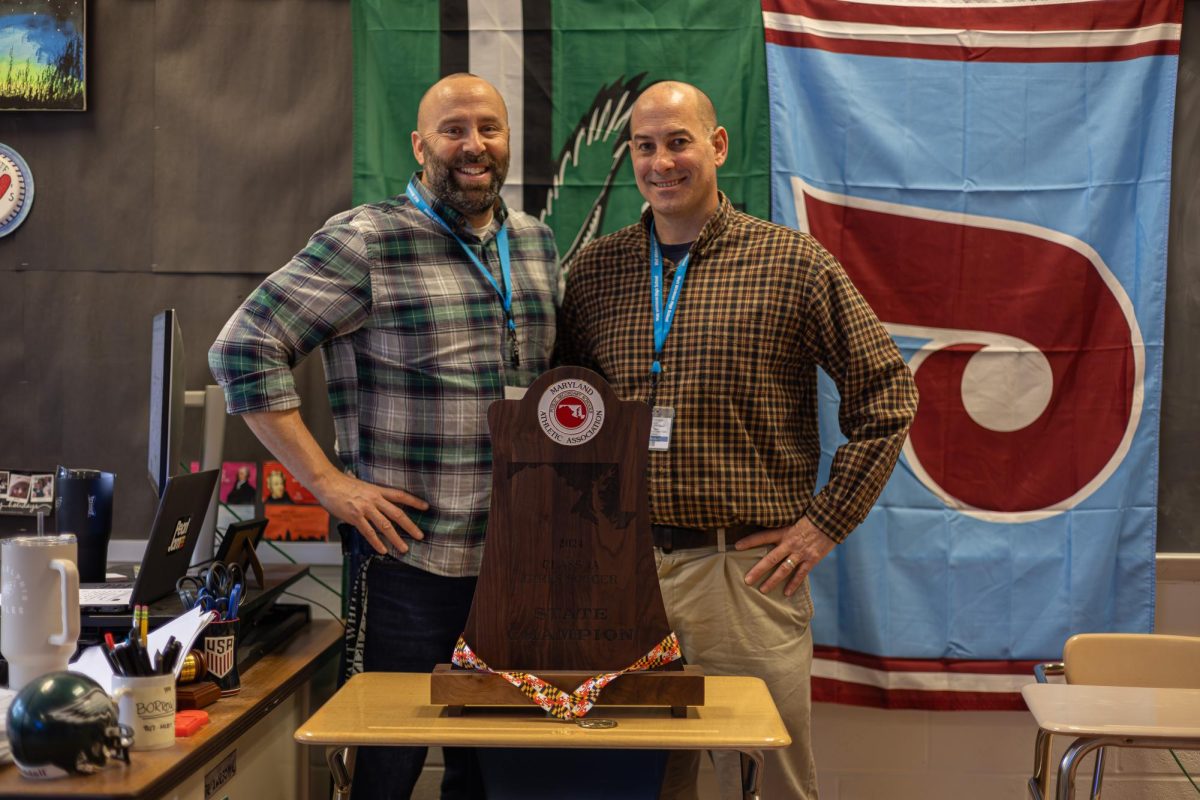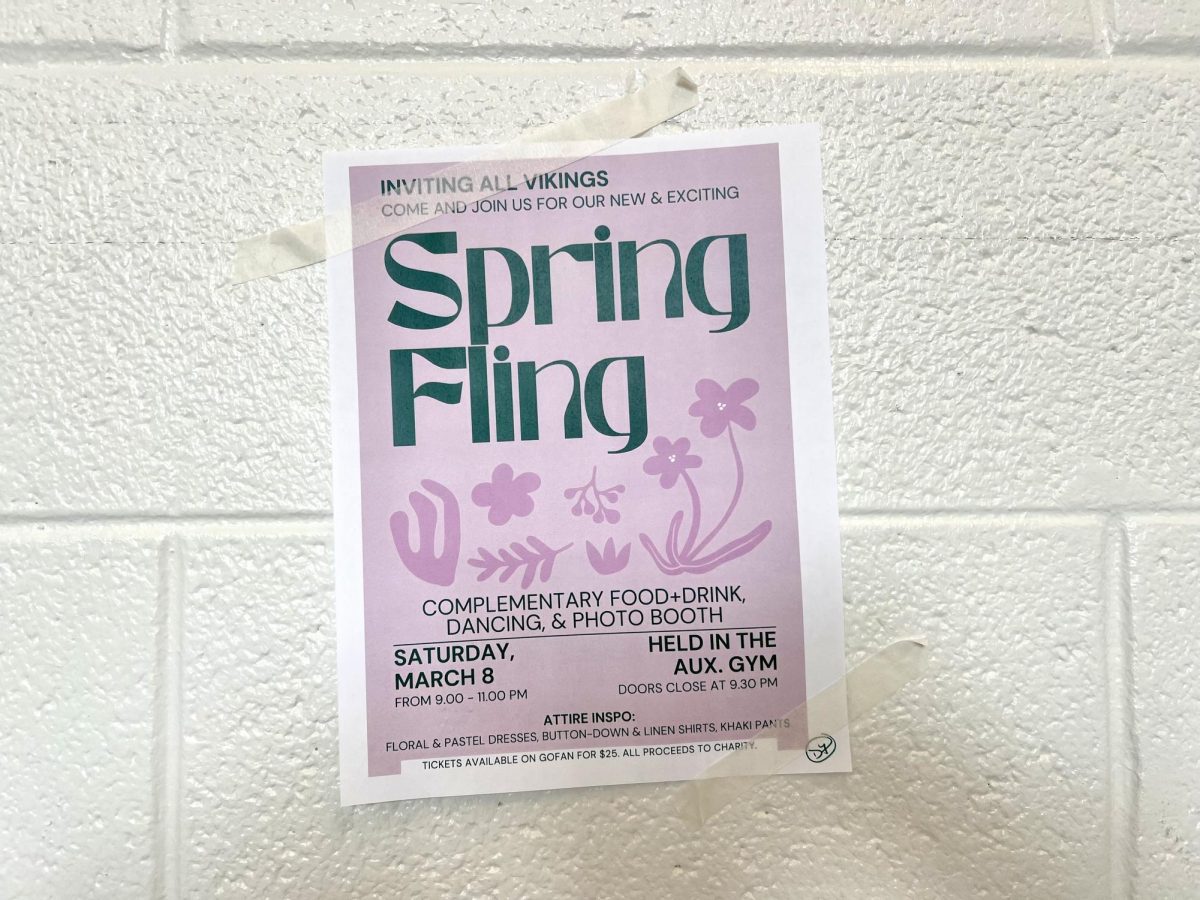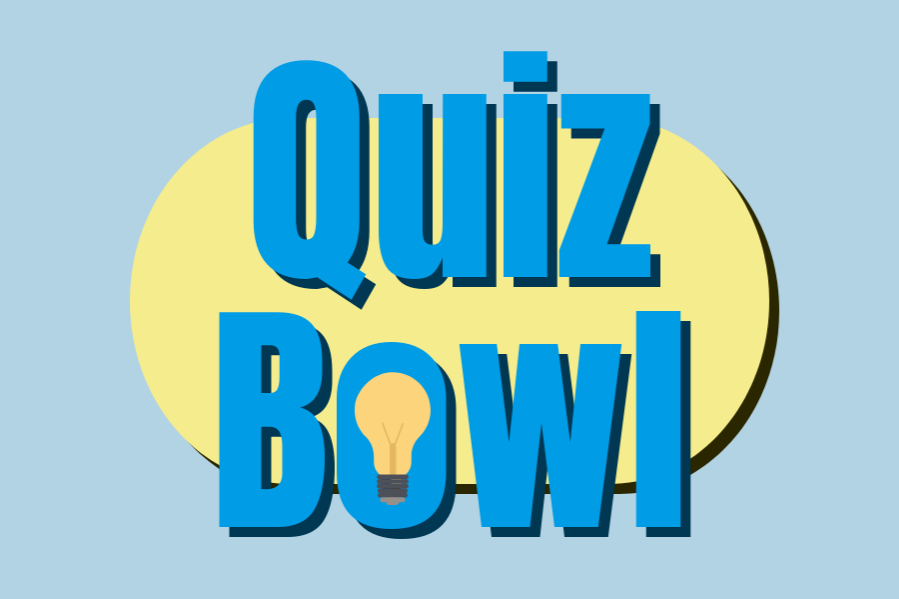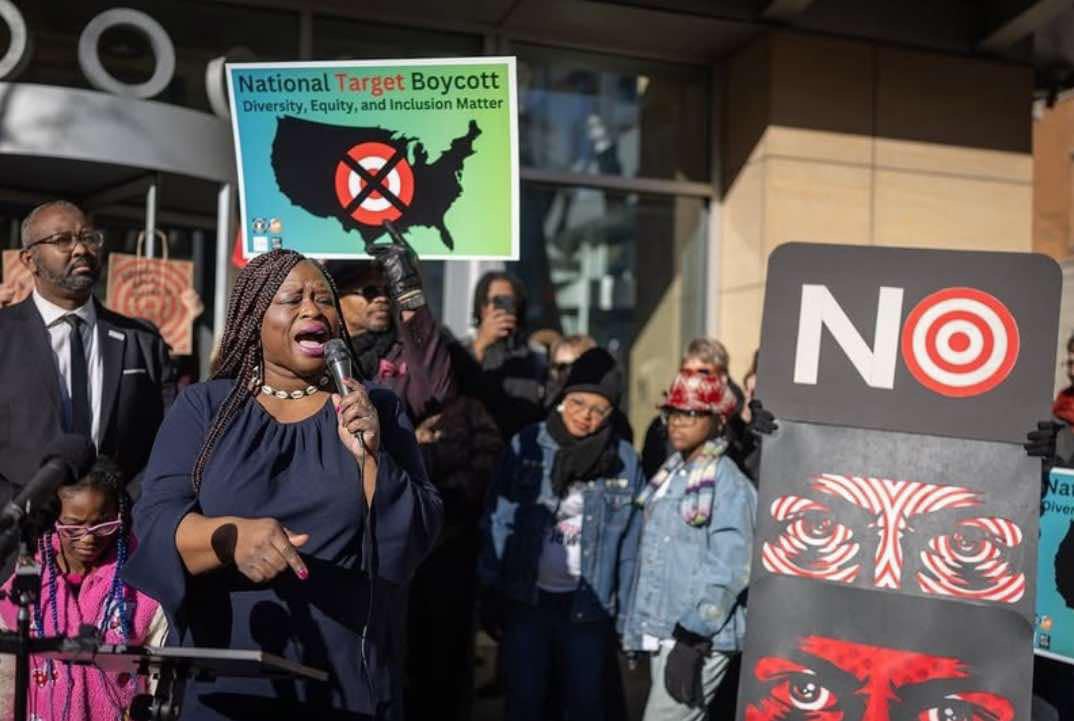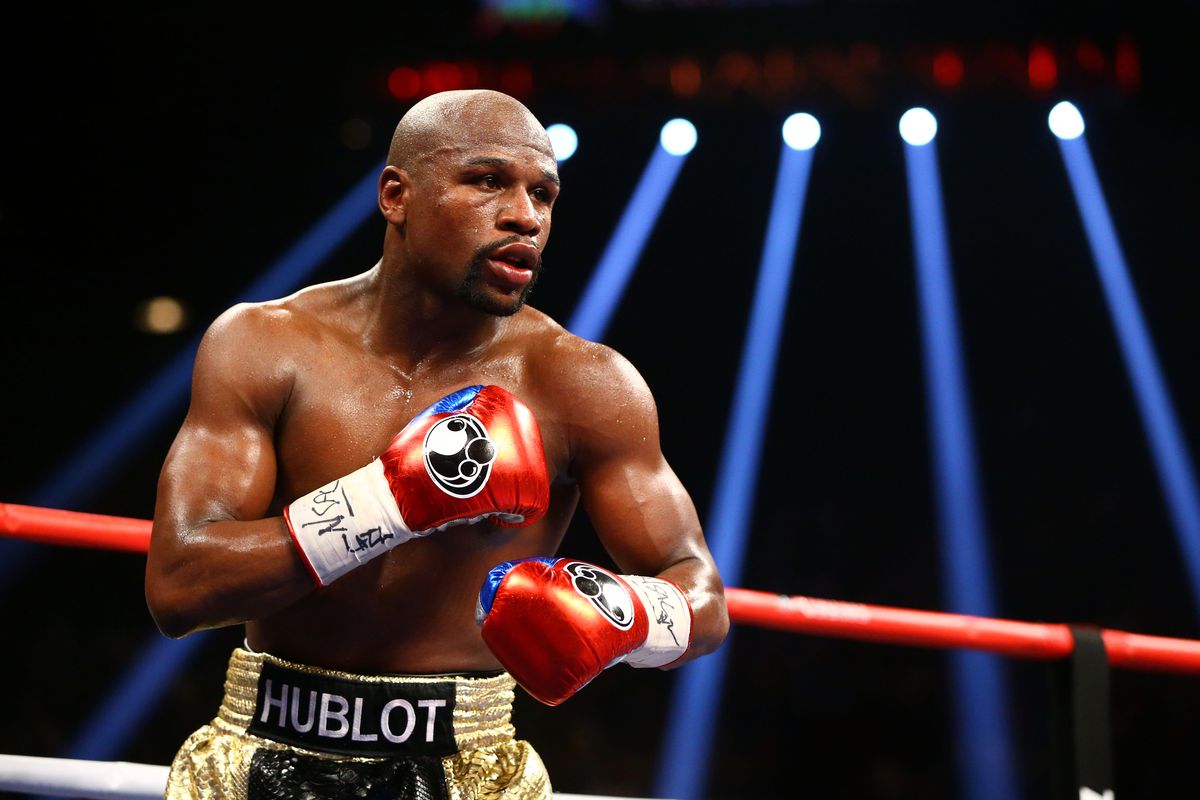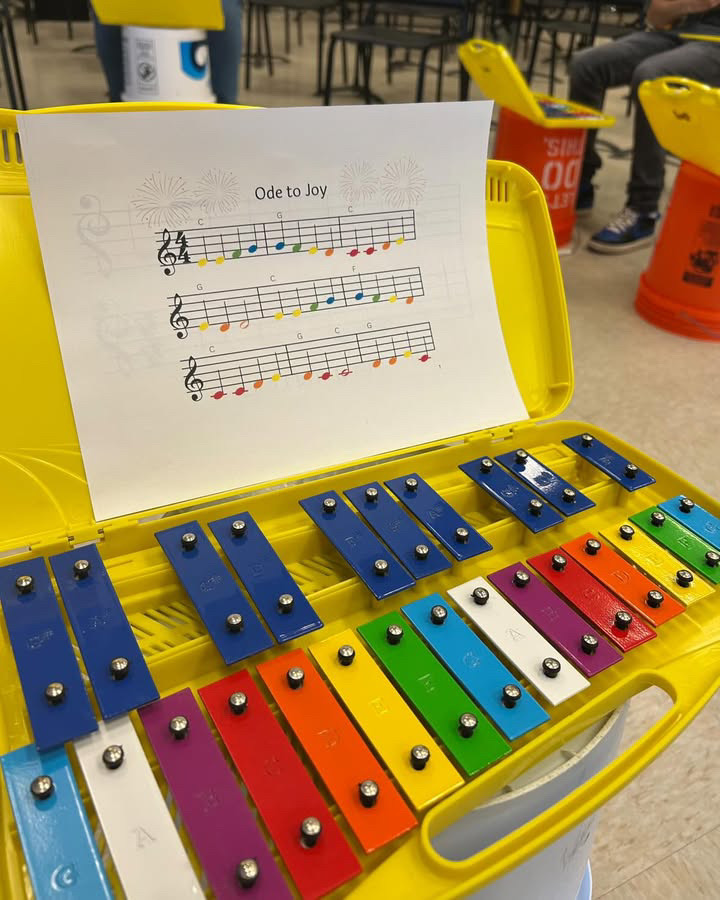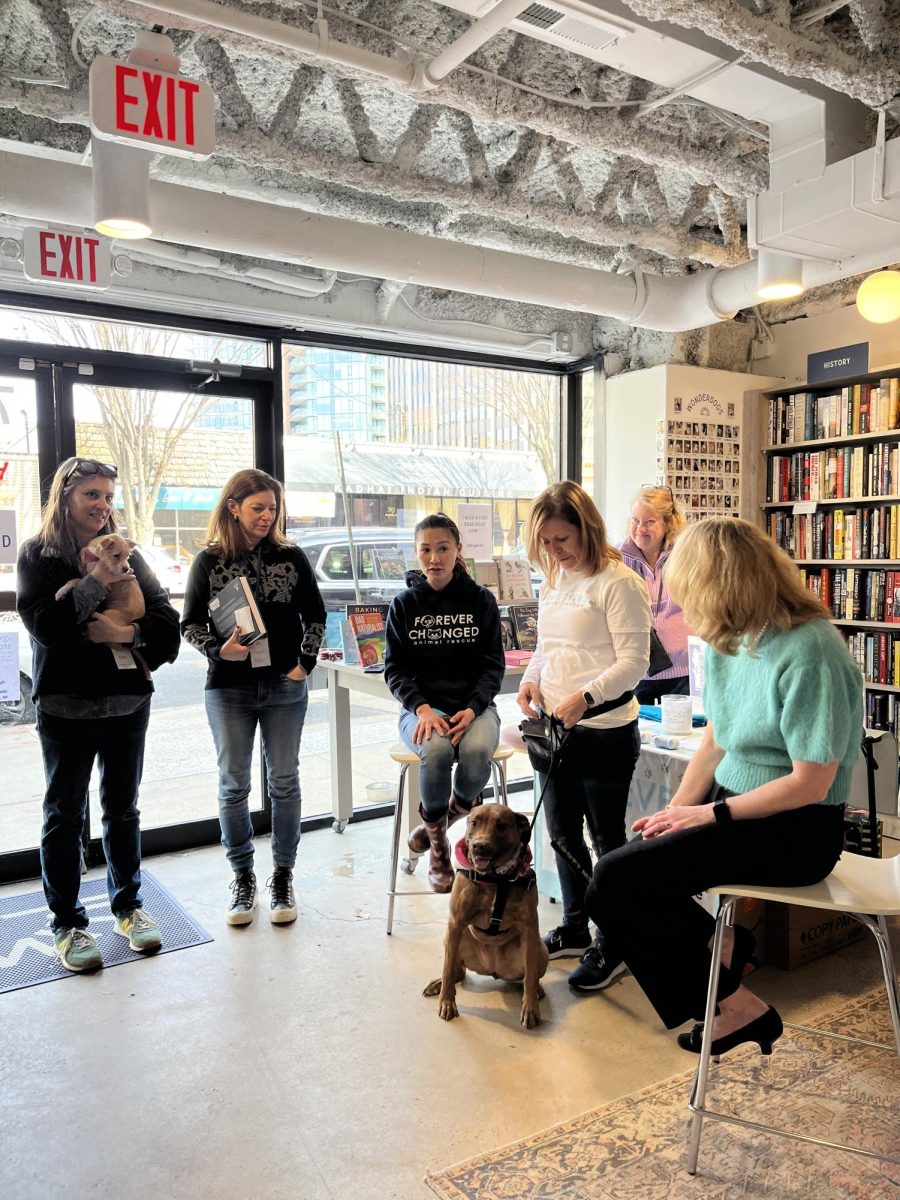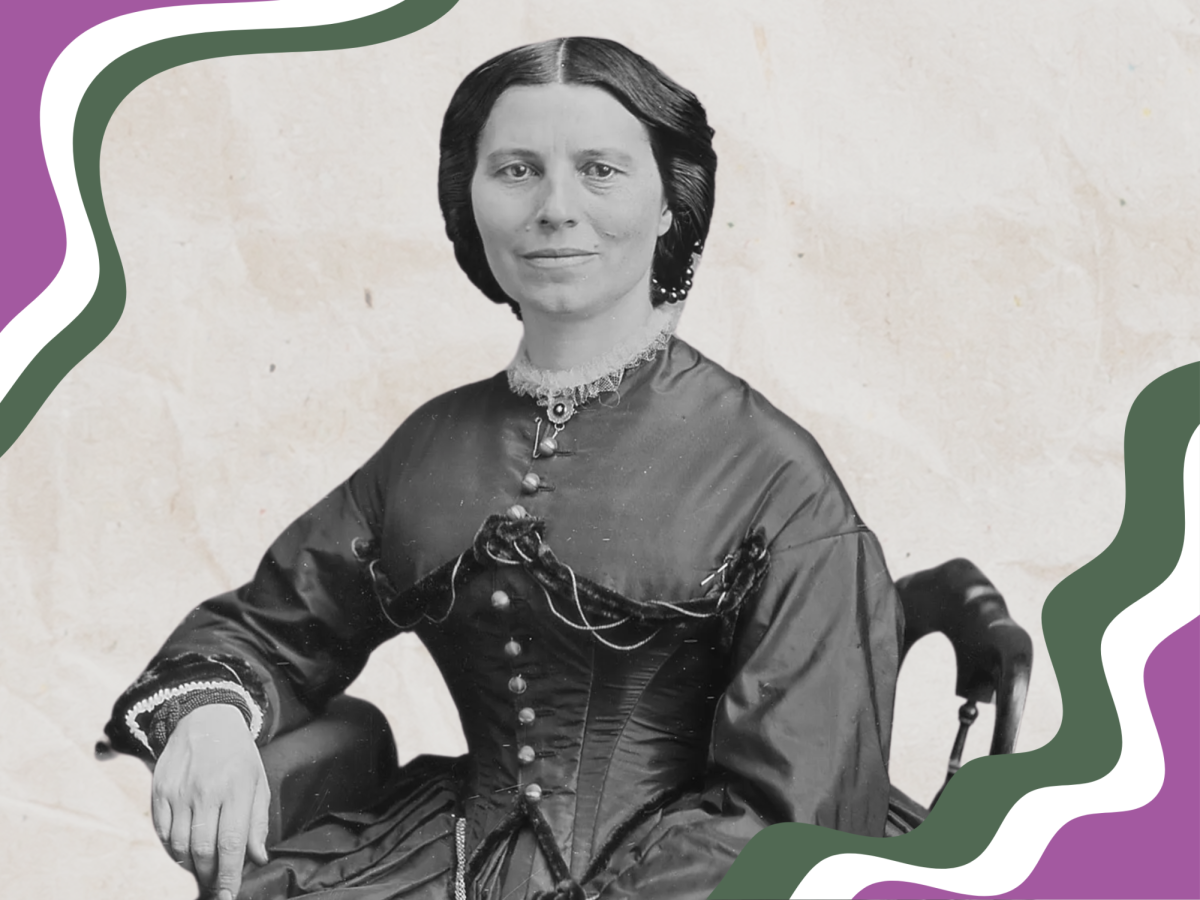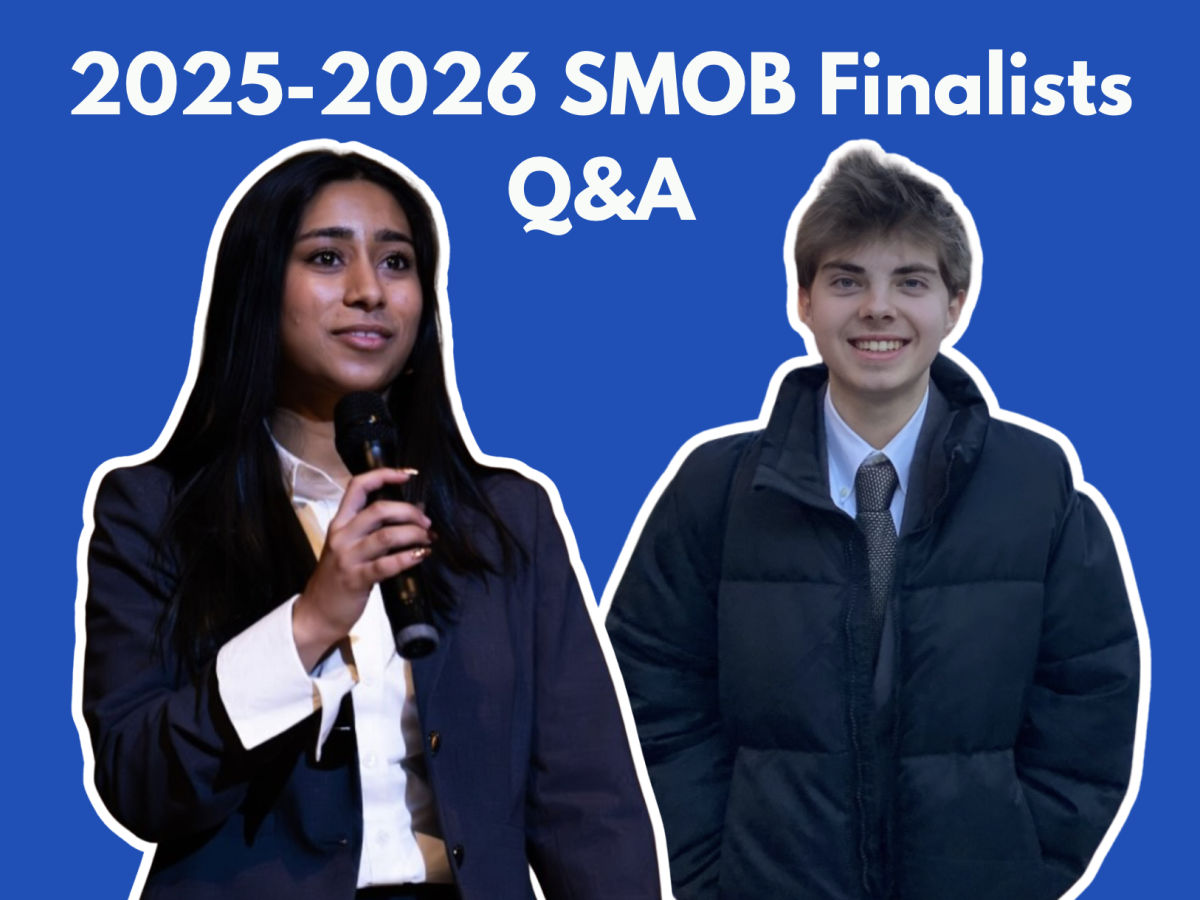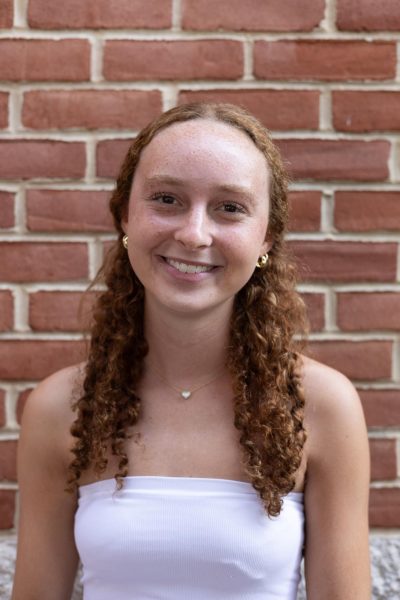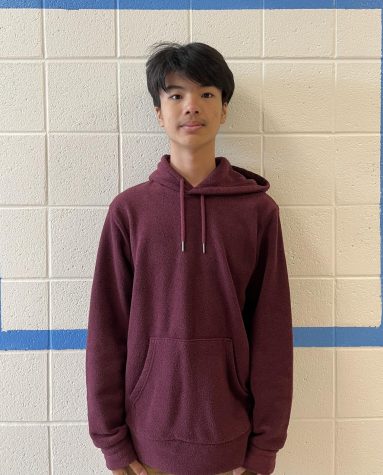On June 15th, Montgomery County Public Schools joined over 500 U.S. school districts in a lawsuit first filed in May by neighboring Prince George’s County Public Schools against prominent social media companies ByteDance — who own and operate TikTok — Meta, Snap Inc and Google. The district aims to hold the companies accountable for allegedly contributing to the rise in the teen mental health crisis due to their failure to fight cyberbullying and posts that glorify eating disorders, among other dangerous trends.
The counties cosigning the lawsuit include Cecil, Carroll and Howard County in Maryland. Before the lawsuit in PGCPS, Seattle Public Schools filed a separate lawsuit against TikTok under similar accusations.
Citing the loose privacy laws in China, where ByteDance operates, the Montana state legislature passed a bill to ban TikTok on May 17 which is set to go into effect on Jan. 1, 2024. The bill aims to protect citizens’ privacy with a $10,000 fine per day for anyone who accesses the app. Montana is the first U.S. state to prohibit the app.
The TikTok app has been linked to a study by the World Health Organization, which found that one in seven adolescents aged 10 to 19 struggle with mental health challenges, as this grouping is a crucial part of the app’s audience.
Sophomore Sean Curran believed ridding himself of TikTok was a necessary step to prioritize his mental health.
“At first, when I had TikTok, I was kind of addicted to scrolling through endless videos,” Curran said. “I felt like I needed to make a change, so I deleted it to make myself a better person.”
In 2020, former President Donald Trump threatened to ban TikTok in the U.S. and brought the request to the U.S. District Court. The Trump administration claimed that certain Chinese companies, including Bytedance, threatened national security. However, a federal judge denied the action and blocked the administration’s efforts. TikTok’s attorneys reasoned that banning the popular app — which has over 100 million American users — would suppress free speech and due process rights.
Junior Amelia Forner, a regular TikTok user, has mixed feelings when it comes to the app.
“I think it is both negative and positive,” Forner said. “It shows bad images of people and you compare yourself to people, and that’s bad. But then again, it motivates me to do stuff, like if I see travel videos, I’m thinking ‘I want to travel too.’”
PGCPS and other school districts alleged that the social media sites in the lawsuit are purposely addicting and targeting children, encouraging them to spend more time on the apps. According to a 2022 Pew Research Center study, 36% of teens are aware of their extensive use of social media, and 54% claim it would be hard to give up social media.
Having a large following on TikTok can increase the effects on one’s mental health, as those who are more influential on the app often open up significantly to strangers. Seniors Matt Farber and Charlie Mulligan contain a following of 71.9k followers on a shared TikTok account, posting daily comedy skits. Mulligan says that having a substantial platform can negatively affect his self-image.
“Some hardships of having a large platform can be that if you’re insecure or self-conscious, it can magnify all of those issues,” Mulligan said. “You are sort of under a microscope with people commenting regularly on your physical appearance and whatnot.”
TikTok should not be recommended to younger viewers and is not a safe community for users under a certain age, Farber added.
The Center for Countering Digital Health conducted a study to help others understand TikTok’s dangerous algorithm. The researchers made a TikTok account pretending to be a 13-year-old child. Minutes later, videos containing talk about self-harm and eating disorders appeared on the user’s feed. The outcome of this study conveyed to parents the potential harmful impacts TikTok’s content can have on children’s mental health.
However, sophomore Sophie Castleberry believes that the PGCPS lawsuit could be detrimental to creators and small businesses.
“If people are putting themselves out there on TikTok and it’s actually being used for a shop or something I think [the ban] would be bad,” Castleberry said. “How else would they sell and run their business?”
Freshman Kendall Venegas is skeptical that the lawsuit could create meaningful change in the way users view TikTok.
“I feel like it’s not going to do anything,” Venegas said. “I don’t think [the school systems] have much power. How much money can they really sue them for? I don’t think it’s going to change anything about how kids see it.”




